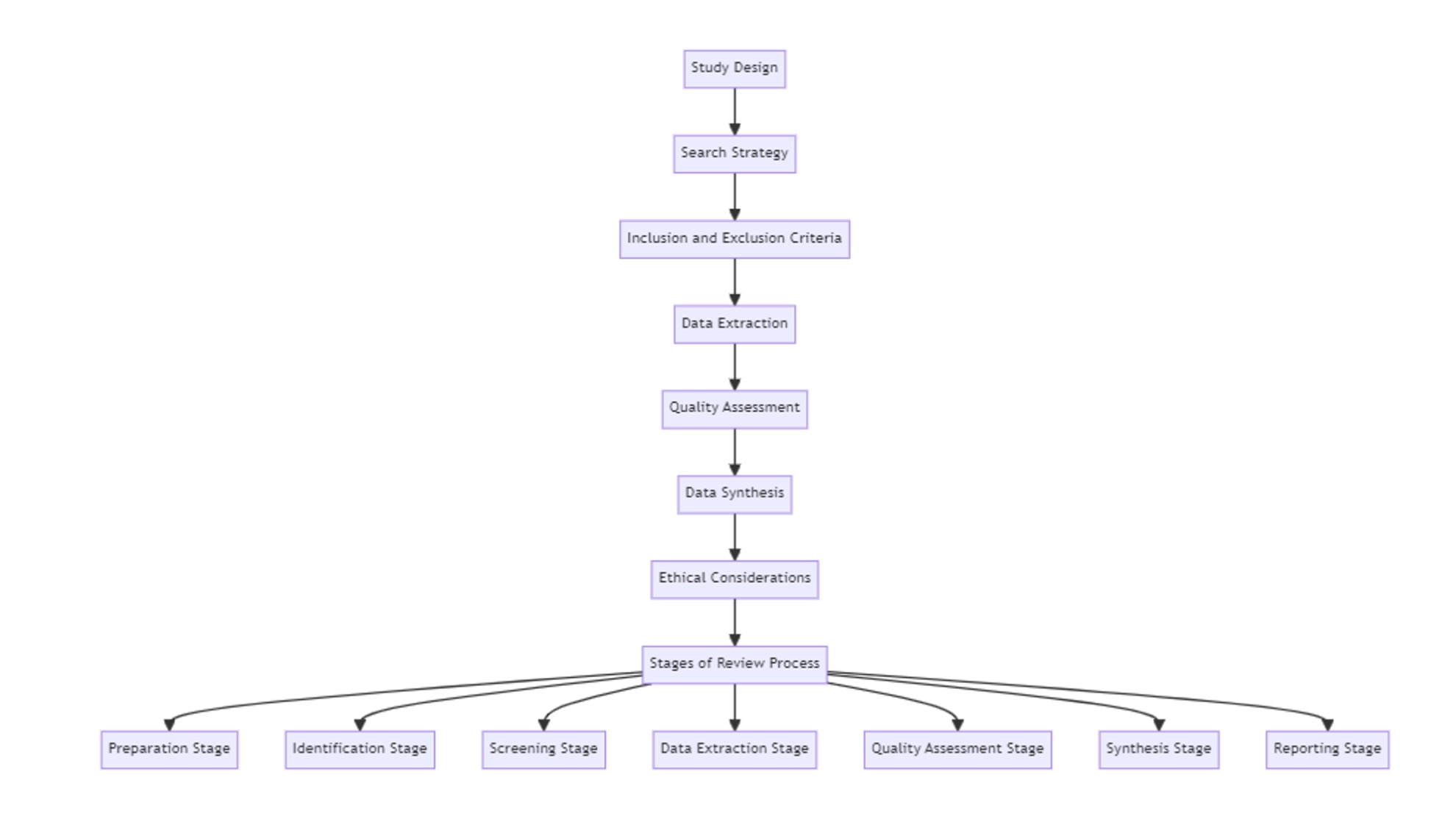Addressing Death Anxiety in Terminally III Patients: A Review of Current Interventions and Future Directions
Main Article Content
Abstract
particularly those facing chronic or terminal illnesses. Understanding the factors influencing death anxiety and the effectiveness of interventions is crucial for improving patient care and outcomes. This review aims to explore the psychological, social, and environmental factors contributing to death anxiety and evaluate the effectiveness of interventions designed to mitigate this anxiety. Additionally, it seeks to identify research gaps and provide recommendations for future studies.
Methods: A literature search was conducted, resulting in the inclusion of ten studies focusing on different populations, including COVID-19 patients, elderly individuals in nursing homes, and terminally ill cancer patients. The studies employed various methodologies such as correlational studies, path analysis, conceptual analysis, retrospective analysis, comparative studies, and randomized controlled trials. Data were synthesized to identify common themes, methodological quality was assessed, and findings were compared and contrasted.
Results: Psychological interventions, including cognitive-behavioral therapy (CBT), well-being therapy (WBT), and spiritual care programs, were found to be effective in reducing death anxiety. The design of healthcare environments also significantly impacted death anxiety, with well-designed palliative care settings providing substantial benefits. Holistic approaches addressing psychological well-being, meaning in life, self-care, and social capital were essential in managing death anxiety, especially among the elderly. However, several research gaps were identified, including the need for long-term studies, comparative effectiveness research, culturally sensitive interventions, and the potential of technology-based interventions.
Conclusion: The review highlights the importance of integrated, holistic, and culturally sensitive approaches to managing death anxiety. By addressing the identified research gaps and implementing the recommended strategies, healthcare systems can enhance the quality of care for patients facing death anxiety, leading to improved patient outcomes and more compassionate end-of-life care.
Article Details

This work is licensed under a Creative Commons Attribution 4.0 International License.
How to Cite
References
Iverach L, Menzies RG, Menzies RE. Death anxiety and its role in psychopathology: Reviewing the status of a transdiagnostic construct. Clin Psychol Rev. 2014;34(7):580-93.
Kromrey B. Encountering Death: A Training Proposal for Psychologists Addressing Death Anxiety and End-of-Life Care. 2021.
Donovan NJ, Blazer D. Social isolation and loneliness in older adults: review and commentary of a national academies report. Am J Geriatr Psychiatry. 2020;28(12):1233-44.
Ahmadboukani S, Fathi D, Karami M, Bashirgonbadi S, Mahmoudpour A, Molaei B. Providing a health‐promotion behaviors model in elderly: Psychological capital, perceived social support, and attitudes toward death with mediating role of cognitive emotion regulation strategies. Health Sci Rep. 2023;6(1):e1020.
Maier A, Riedel-Heller SG, Pabst A, Luppa M. Risk factors and protective factors of depression in older people 65+. A systematic review. PLoS One. 2021;16(5): e0251326.
Afrashteh MY, Majzoobi MR, Janjani P, Forstmeier S. The relationship between the meaning of life, psychological well-being, self-care, and social capital, with depression and death anxiety in the elderly living in nursing homes: The mediating role of loneliness. Heliyon. 2024;10(9):e30124
Tragantzopoulou P, Giannouli V. Social isolation and loneliness in old age: Exploring their role in mental and physical health. Psychiatriki. 2021;32(1):59-66.
Knox M. Locating death anxieties: End-of-life care and the built environment. Wellbeing Space Soc. 2021;2:100012.
Afzal MI, Jamshaid S, Wang L, Lo-Ngoen N, Olorundare A, Iqbal M, et al. Stigmatization, panic disorder, and death anxiety among patients of Covid-19: Fourth wave of pandemic in Pakistan. Acta Psychol. 2023;236:103924.
Magill N, Walker J, Symeonides S, Gourley C, Hobbs H, Rosenstein D, et al. Depression and anxiety during the year before death from cancer. J Psychosom Res. 2022;158:110922.
Laçiner K, Karabekiroğlu A, Şahin AR, Güz HÖ, Böke Ö, Sarısoy G, et al. Evaluation of the relationship between death anxiety and clinical features of the disease and functionality in patients with schizophrenia. Heliyon. 2022;8(8):e09911.
Soleimani MA, Lehto RH, Negarandeh R, Bahrami N, Nia HS. Relationships between death anxiety and quality of life in Iranian patients with cancer. Asia Pac J Oncol Nurs. 2016;3(2):183-91.
Fitri RA, Asih SR, Takwin B. Social curiosity as a way to overcome death anxiety: perspective of terror management theory. Heliyon. 2020;6(3):e03556.
Torabi M, Yousofvand V, Azizi A, Kamyari N, Khazaei M. Impact of spiritual care programs on stroke patients’ death anxiety: A randomized controlled trial. J Affect Disord Rep. 2023;14:100650.
Liu H, Liu X, Liu Z, Wang Y, Feng R, Zheng R, et al. Death anxiety and its relationship with family function and meaning in life in patients with advanced cancer—a cross-sectional survey in China. Asia Pac J Oncol Nurs. 2022;9(10):100134.
Costanza A, Baertschi M, Richard-Lepouriel H, Weber K, Berardelli I, Pompili M, et al. Demoralization and its relationship with depression and hopelessness in suicidal patients attending an emergency department. Int J Environ Res Public Health. 2020;17(7):2232.
Gaebel W, Kerst A, Janssen B, Becker T, Musalek M, Rössler W, et al. EPA guidance on the quality of mental health services: A systematic meta-review and update of recommendations focusing on care coordination. Eur Psychiatry. 2020;63(1):1-10.
Engelhardt CL, Meier M, Keller S, Laireiter A-R. Positive psychotherapy and cognitive behavioral therapy in anxiety patients–A study protocol for a randomized control trial in an online group setting. PLoS One. 2024;19(4): e0299803.
Şahan E, Eroğlu MZ, Karataş MB, Mutluer B, Uğurpala C, Berkol TD. Death anxiety in patients with myocardial infarction or cancer. Egypt Heart J. 2018;70(3):143-7.
